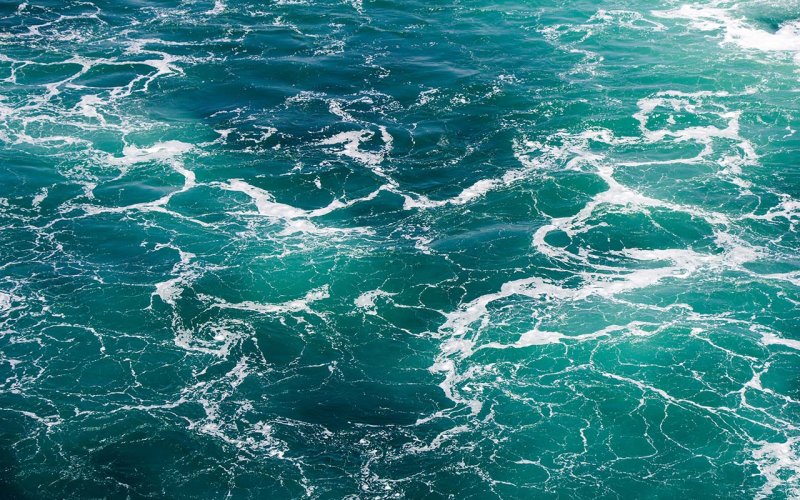The fuel for a fusion power plant is hydrogen, which can be obtained from water. If we met all of civilization’s energy needs only from fusion power plants in the future, wouldn’t we soon run out of water?
I don’t think we have to worry about that. It is true that the deuterium required for thermonuclear fusion is obtained from seawater, but its consumption is very low compared to the volume of all the world’s oceans. It is estimated that a 1,000 MW fusion power plant could consume around 250 kilograms of deuterium per year. That is less than a kilogram of deuterium per day. If we replaced the current installed capacity of all power plants, which is a little over 7 terawatts with fusion ones, they would be fine with 200 tons of deuterium per year. And now let’s have a look at the amount of seawater we would have to process into fuel.
If we consider that there are 33 grams of deuterium in each cubic meter of seawater, then one cubic kilometre of water contains 33,000 tons of deuterium. The volume of all the world’s oceans is estimated at 1.3 billion cubic kilometres, which gives us a supply of fusion deuterium for a really, really long time. At the same time, seawater contains 180 billion tons of lithium, which is the second important component of the fuel in a fusion power plant because tritium is created in it by neutron capture. So the world’s oceans are capable of fuelling fusion power plants for thousands and thousands of years without endangering our drinking water supplies.
Want to ask something?
Send us an e-mail with the subject “Physics mysteries” to the address:
We can't wait to tackle your interesting questions!





